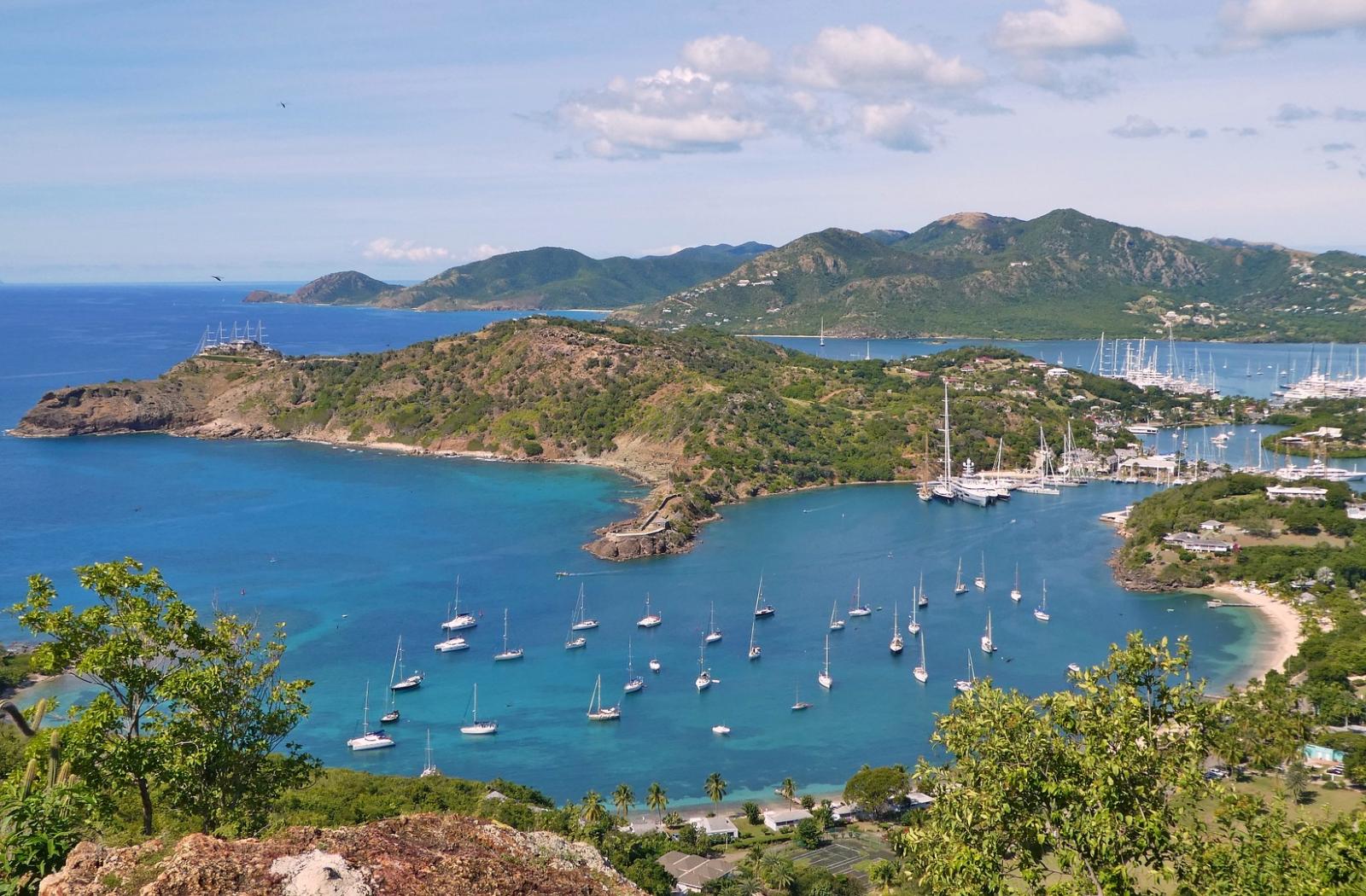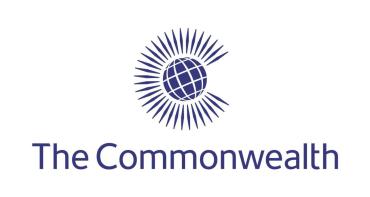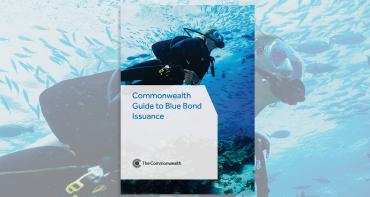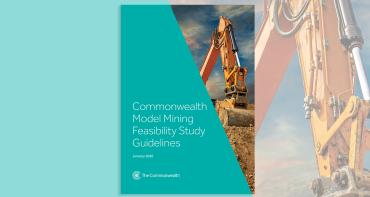
Working with the national Government of Antigua and Barbuda, and informed by desk-based analysis, in-country stakeholder workshops and interviews, the RRA centred on developing a shared understanding of the current situation regarding the transition to an SBE and the actions needed to further progress.
Recognising that an SBE provides opportunities to increase economic resilience, climate-change resilience, social uplift and environmental sustainability, there is already some political support for such a transition in Antigua and Barbuda. The development of the draft National Ocean Policy (NOP) and the Commonwealth Maritime Economic Plan in 2021 represent notable steps towards an integrated policy framework – which is highlighted in the UNEP SBE Transition Framework to be the central component of SBE development. Thus, Antigua and Barbuda has begun the transition to a blue economy.
However, as encountered in many countries, developing a shared understanding of what an SBE is and what it means for Antigua and Barbuda is still required to move forward. Early, frequent and targeted dialogue and engagement among relevant stakeholders, inside and outside government, will build a sense of shared purpose and underpin the collaborative approaches needed to tackle the complex issues ahead.
Existing cross-governmental ocean governance co-operation is evidenced by the National Ocean Governance Committee (NOGC). The current government’s intention to progress an SBE is reflected by the newly established Department of the Blue Economy (DoBE). However, as highlighted in other studies and indicated in the RRA workshop, some co-ordination difficulties are evident. Aligning the mandates of the DoBE and the NOGC to act in a mutually supportive and co-ordinated way is a pragmatic and achievable early step in the SBE transition.
The NOP, currently pending revision and cabinet endorsement, should be finalised and adopted. Notwithstanding the NOP gap, the legislative and policy landscape is relatively robust to support the SBE. However, accountability mechanisms will need to be developed to ensure that the principles of the NOP and the SBE are upheld in decision-making. Marine spatial planning (MSP) is recommended to strengthen integration of the NOP within the ocean governance framework at national level.
To finalise the NOP, ready for adoption by cabinet, Antigua and Barbuda may wish to better utilise the support available through the Organisation of Eastern Caribbean States (OECS), which provides learning exchanges, funding opportunities and technical support. Similarly, Antigua and Barbuda may wish to request support from the Commonwealth Secretariat.
As a twin-island nation, challenges exist in ensuring an effective and inclusive SBE transition for both Antigua and Barbuda. The Barbuda Council is highly active, but Barbudan representation at the national level could be improved, including through greater opportunity to participate in national decision-making forums and stakeholder consultations. Barbuda’s experience in ‘bottom-up’ and community-led approaches to management, which can lead to greater equity in decision-making, provides inspiring examples for similar activities elsewhere in the country.
Fully transitioning to an SBE is not straightforward, with significant challenges as governments seek to balance complex and competing demands within sometimes difficult economic situations, with incomplete data and many uncertainties. Island states, in particular, need to forge their own pathway, informed by the most effective practices and best available knowledge, but also accounting for their unique history, culture and circumstances. To be fully accepted by the people of Antigua and Barbuda, the transition to an SBE will need to involve them each step of the way.




